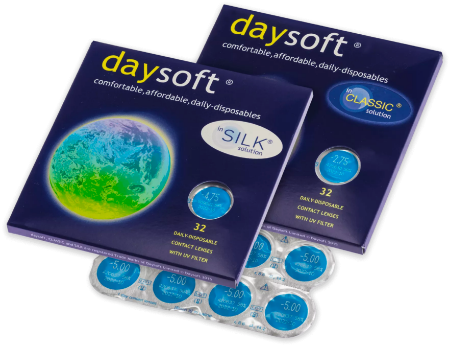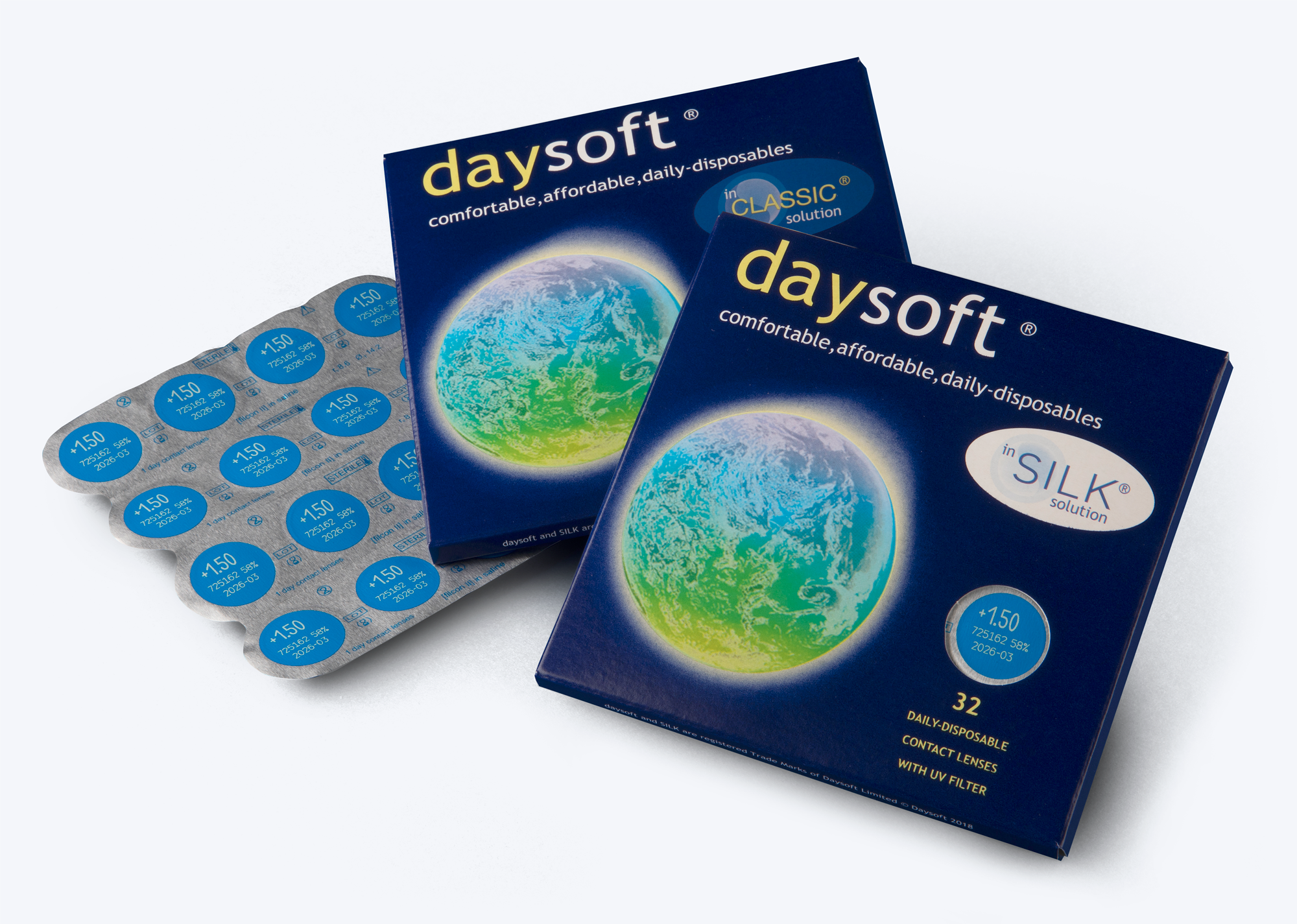Do you spend a lot of time – too much time – thinking about recycling? Is the main thing you think: it shouldn’t be this hard? You’re probably among the 80% of UK households still unsure about how to recycle effectively. And as a contact lens wearer, recycling your contact lenses and their packaging comes under the bracket of challenging-but-there-must-be-a-way.
We understand how frustrating it is for you when you want to do the right things when it comes to recycling your contact lenses. We know that if you could recycle your contract lenses, you would. Things are changing, though.
Here’s what we’re doing to create environmentally friendly contact lenses that don’t cost the earth.
- Our revolutionary INPAC packaging system reduces consumer plastic waste by up to 65% compared with our competitors, so we’re by far the most sustainable solution.
- All our packaging is recyclable.
- Our lenses are designed and manufactured in the UK, so have a low carbon footprint.
- You can reduce your shopping carbon footprint at checkout for free.
- We advise you on how best to dispose of your lenses.

Are contact lenses biodegradable?
In a nutshell: no. There are no biodegradable contact lenses on the market. Our contact lenses are made from hydrogel, which is a type of plastic. Science has no solution right now to make this contact lens material fully biodegradable.
At daysoft® we are constantly innovating and are known for breaking new ground. After all, our chairman, Ron Hamilton, invented daily disposables and built the world’s first laboratory dedicated to making them.
Are contact lenses recyclable?
In common with other manufacturers, our lenses aren’t recyclable (yet!). However, our lenses are 58% water. When you’ve finished with them, the water evaporates naturally, leaving a small amount of plastic. This reduces plastic waste in landfill and the oceans, making daysoft® the environmentally friendly contact lens choice. Everything else is recyclable. Here’s how we’re tackling contact lenses recycling.
Plastic blisters

Our plastic blisters are identified as Group 5, PP – polypropylene. Changes in our manufacturing process with INPAC® Technology mean there is no feasible way for us to incorporate the ‘chasing arrows’ recycling symbol on the blister.
Polypropylene is recyclable but we recommend checking to see if your local facility accepts it in their recycling stream.
Foil tops, cardboard boxes and outer postal box
The foil tops, cardboard boxes and outer postal box can all be recycled in your household waste.

What else are you doing to be environmentally friendly?
At daysoft®, we're committed to innovation, development and the future. The sustainability of what we do and how this affects the planet is front of mind. We’re not just greenwashing because it’s trendy – we’re actively finding ways to decrease plastic waste and lower our carbon footprint.
For example, all plastic byproducts from our manufacturing process are supplied to one of the UK’s leading plastic recycling companies. Here, they’re recycled into masterbatches to be used for colouring other plastic products. Or they’re used directly in the manufacture of drainage and plumbing products and systems for the construction sector.
INPAC technology cuts down on plastic waste
daysoft®’s INPAC packaging dramatically cuts down on the amount of plastic waste.
How? Well, our innovative INPAC® Technology now means we use up to 65% less plastic packaging per lens compared with other contact lens producers. Here, we’re talking about the blister that you receive your lens in. The blister bowl used by almost all other manufacturers weighs around 1.30g for each lens whereas our INPAC® blister weighs around 0.45g for each lens, which equates to 65% less plastic.
Why? Because the lens is formed entirely in the pack!
So… imperfections are avoided and hygiene is improved because the lens is never handled. There’s a small cavity that can be felt at the bottom of the INPAC® ‘blister’. This is where the dry lens is formed. Then, it absorbs 58% weight in saline and expands by a similar amount, before becoming a high-precision super-soft daysoft® lens.
Manufacturing process reduces waste and upcycles byproduct
And it’s not just our packaging that uses less plastic, it’s the manufacturing process itself. Unlike our legacy three-mould system, we now only use two moulds. Your lens is formed, hydrated and packaged in one of those moulds. So, the mould we use to form the lens becomes the pack, reducing manufacturing waste.
Our innovative approach to manufacture and packaging has reduced the plastic used in making our contact lenses by 50%, compared with what we used in our three-mould process. This means the plastic content of our lenses are around a third less than that of other manufacturers. On top of that, all byproducts from our manufacturing process are recovered and recycled on site.
And, because daysoft® lenses are designed and manufactured in the UK, they have a lower carbon footprint than those that are shipped from across the globe.
Shop Pay purchase option invests in planet
Did you know that you can buy your daysoft® contact lenses online and remove carbon from the air? All you have to do is select Shop Pay at the checkout. Shop Pay is an accelerated checkout service that calculates the carbon emissions each delivery produces and plants or protects enough trees across the globe to offset this.
Choosing Shop Pay means you are reducing the environmental impact of your online purchases, at no extra cost. Read more about how Shop Pay is investing in the planet and supporting climate solutions here.
How should I dispose of my contact lenses?
If you can’t recycle your contact lenses and they don’t biodegrade, how do we dispose of them safely and sustainably? Recycling contact lenses is challenging, and 20% of wearers admit they dispose of their lenses by flushing them down the toilet or the sink. But flushing disposable contacts down the toilet or washing them down the drain contributes to the problem of microplastic pollution.
Our advice is simple: dispose of your lenses in the household waste. Yes, they may still be off to landfill but at least they won’t end up in the water system. Once they’re in the waterways, they’re exceptionally difficult to control (and eventually recycle if it becomes possible to do so). Contact lenses are better off in landfill because they’ll be in a controlled environment, restricting the harm they can do to our seas, rivers and wildlife.



